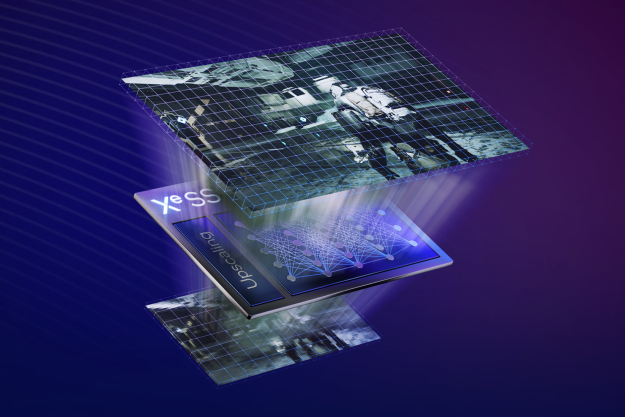The next Intel flagship CPU, the Core i9-13900K, may truly push clock speeds to the limit. A new rumor suggests that the CPU may offer up to 5.8GHz in turbo mode.
As we learn more about Intel Raptor Lake, we are slowly able to piece together the possible specifications of the CPU.
RPL will over the new highest freq which was created by 12900KS.
More 2-300 MHz is possible.— Raichu (@OneRaichu) April 13, 2022
The 13th generation of Intel processors, dubbed Raptor Lake, is going to utilize the same socket as Alder Lake. However — and this won’t come as a surprise — it’s going to be a step up in every way possible. Even though the rumored release is still months away, Intel itself has already revealed a fair bit about the chip.
Raptor Lake will also rely on a hybrid core architecture, much like Alder Lake, and will offer a mix of efficiency and performance coves. Both 12th-gen and 13th-gen CPUs utilize Gracemont Atom cores, which are the efficiency variant, but Raptor Lake’s performance cores will be known as Raptor Cove (versus Alder Lake’s Golden Cove).
With Raptor Lake, the number of efficiency cores will go up from 8 to 16, which will increase the total core count up to 24 cores and 32 threads. In comparison, Alder Lake chips have much fewer cores, with the flagship Core i9-12900KS bringing 16 cores and 24 threads.
According to Wccftech, many rumors point to Intel also massively increasing the cache size for Raptor Lake. The flagship is expected to have as much as 68MB of cache, referred to as “Game Cache.” We’ve already seen firsthand that an increase in cache size can have a great impact on gaming performance, but not on an Intel CPU — on AMD Ryzen 7 5800X3D. The chip has already been tested ahead of its release, and its gaming performance is undeniable.
Aside from an increase in the core count and the cache size, today’s rumor points to a huge boost in terms of the processor’s frequency. According to OneRaichu on Twitter, Raptor Lake might bring up to 200-300MHz more compared to the current flagship Core i9-12900KS. This is referring to the P-core (performance) clocks.

OneRaichu didn’t clarify whether the processor in question would be the Core i9-13900K or the Core i9-13900KS. The recently released Core i9-12900KS maxes out at 5.5GHz in the P-core boost clock, so adding 300MHz to that brings it to an impressive 5.8GHz. Considering that the number of performance cores is likely to remain unchanged from the current generation, adding some power to the clock makes good sense.
Although the upcoming Raptor Lake processors will undoubtedly be better than current-gen Alder Lake, it’s hard not to wonder about the power requirements of such a chip. Intel CPUs are already quite power-hungry: The Core i9-12900KS required 260 watts of power to run at its maximum boost clock. As Wccftech points out, it’s not outlandish to assume that Raptor Lake might bring that number up to 300 watts.
Both Intel and AMD are set to release new processors this year, so it’s going to be an exciting time for CPU shopping. Intel Raptor Lake and AMD Ryzen 7000 will likely hit the stores in the latter half of the year.
Editors' Recommendations
- Nice try, Intel, but AMD 3D V-Cache chips still win
- Intel CPU gaming crashes are causing an uproar
- Intel’s Raptor Lake refresh prices have leaked, and hikes are on the way
- Yet another disappointment about Intel’s next chips may be true
- AMD Ryzen 9 7950X3D vs. Intel Core i9-13900K: only one choice for PC gamers




